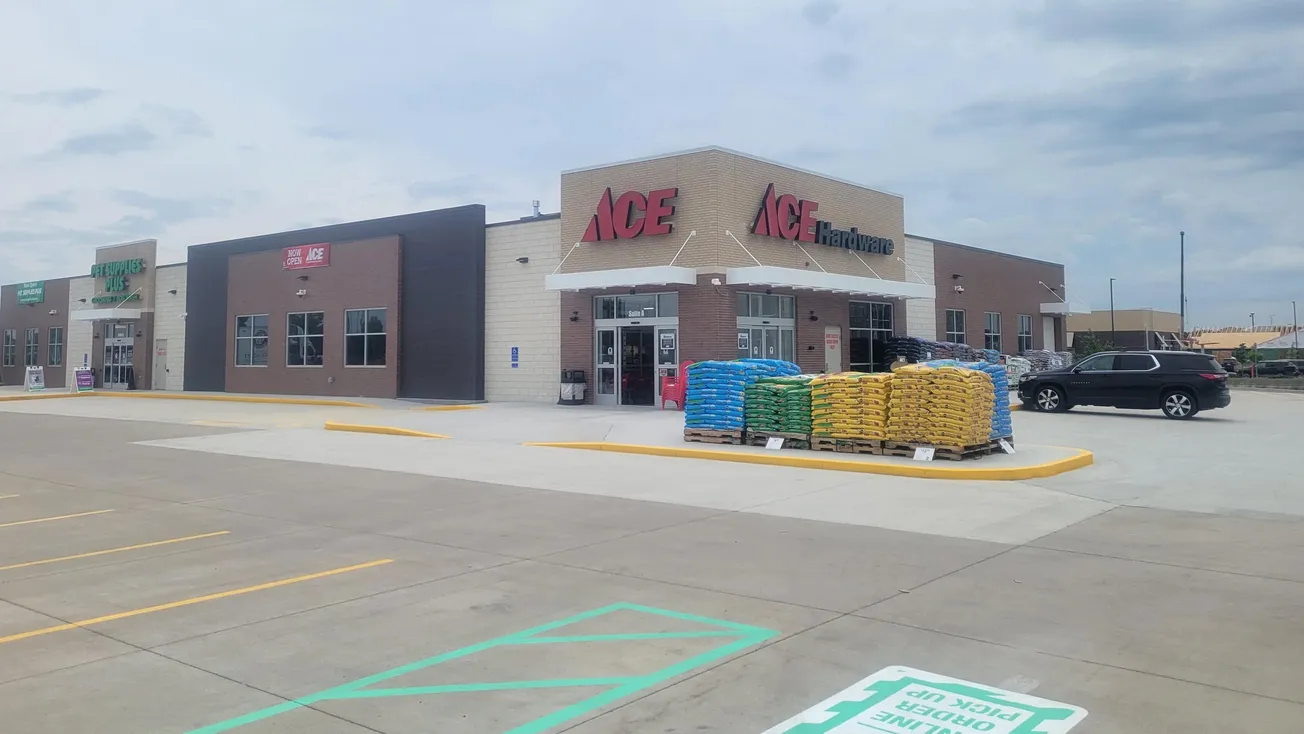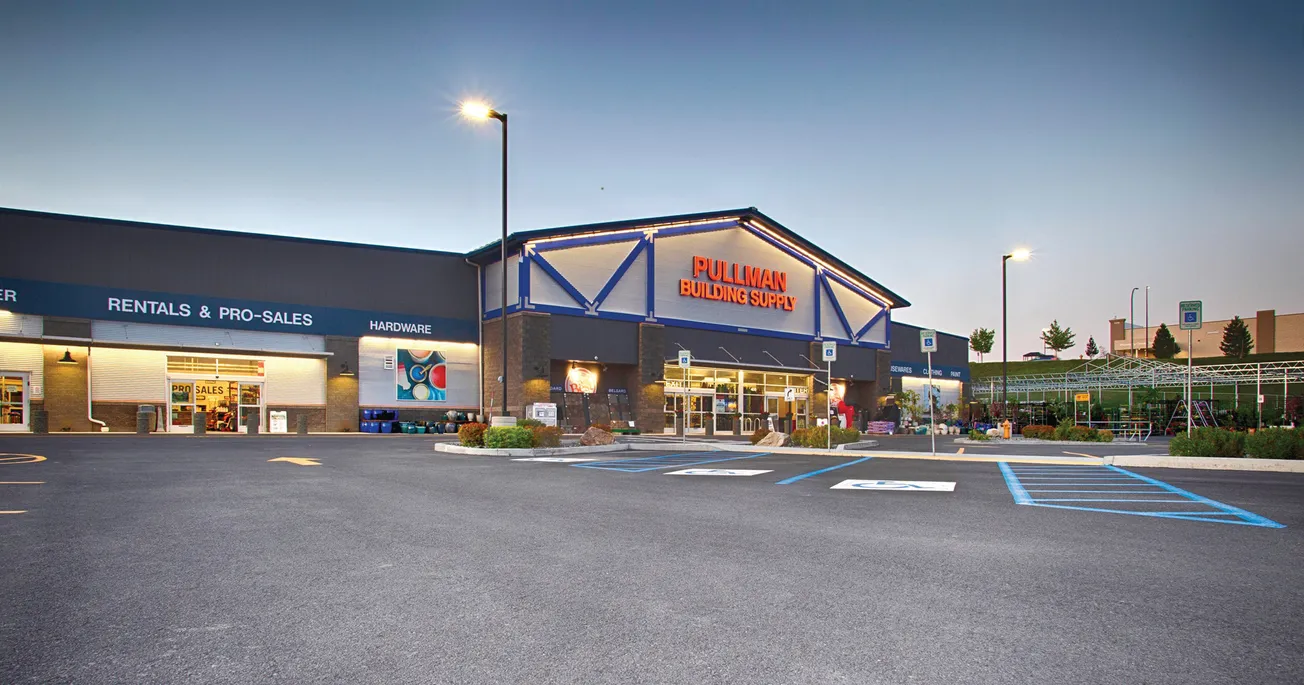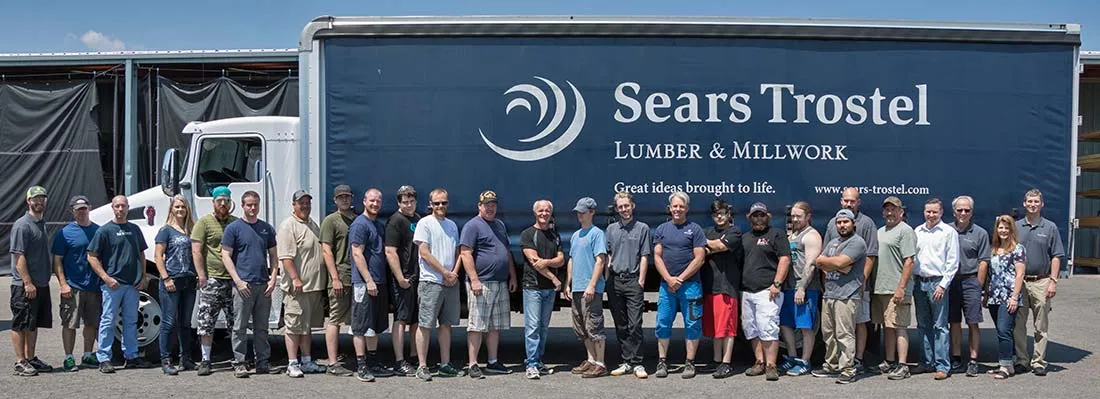Table of Contents
Fort Collins, Co., is the capital of cool. But that’s pretty recent. “In the ’70s, this was a sleepy little town of 50,000,” reports Scott Glasscock, owner of Mawson Lumber & Hardware. “Now it’s a prosperous city of 150,000, no longer a cow town.”
The turnaround—and a building boom—came about through burgeoning new business ventures: a new hotel, multiple music venues (many in rehabbed older buildings), and in the last 12 to 18 months $1 billion—“that’s with a B,” Scott makes clear—in construction on the campus of the local university. Oh, and to hydrate the swarms of Mill-ennials now making this their home, 22 micro-breweries.
The city’s historic Old Town is the coolest of the cool scene. And right in the middle stands Mawson, occupying an entire city block in a building that once housed freight.
Just like Fort Collins, Mawson wasn’t always the epicenter of cool. Founded in 1927 by R.L. Mawson, who sold the enterprise to Tom Moore in 1975, Mawson continued to sleep along with the rest of Fort Collins—“unknown, limited and reached down an alley with no real presence”—until Scott was brought in as a change agent in 2012. First, he first resuscitated, then bought the outfit three years ago.
“My background was in hardware, in retail. I was given the mandate to update the operation.” Or, as his boss phrased it, “‘We need to put lipstick on the pig.’ We were down an alleyway with no curb presence. A dirty lot, a smoky office. So I advocated moving into an historic freight depot nearby. We did, in 2012, and the minute we turned on the lights, we were busy—and it’s been busy ever since.
“We renovated both the core and shell, keeping the original windows and doors pretty much intact. We didn’t want to do more than we had to in order to retain the building’s character. So we washed the ceiling instead of painting it. We painted the walls and re-surfaced the concrete floor to remove the shine. We added a glass window wall on the street front, along with an ADA entrance, and widened the aisles. We brightened it with LED fluorescent bulbs, which gave the place a nice crisp look. We cleaned and brightened the whole place.”
And they added SKUS, of course, while retaining its core offerings—lumber and windows and doors, but eschewing departments such as plumbing, lighting, electricity, and paint. “We have no room for the product mix of a retail store,” Scott says of a company whose business is 90% pro.
The best change, he insists, was “the culture of just dealing with our builders; it brought us customers by providing more public functioning. And it opened eyes in the commercial side of construction,” to add to as the custom homes and renovations that served as Mawson’s bread and butter. “Before, it was the same old guys we’d always been doing business with. Now we’re dealing with a whole new level of customers, doing $2 million-plus custom homes and major renovations. We get their business once they come in and see what we can, and will, do for them.”
For instance? “At the site, we’ll never just dump the whole order. We deliver it in a progression, depending on what they need that day—floors, windows. We have 11 vehicles (and don’t charge for delivery), and we can spot loads where no one else can” (accomplished without a forklift, which these tricky job sites cannot accommodate).
Instead of a formal showroom, Mawson has charted a 5,000-sq. ft. conference room, which contains window and door displays, where builders may bring their clients. And the whole endeavor has grown by the most effective way of advertising—word of mouth, making its voice heard in a town full of indie yards, a couple of Home Depots, and a Lowe’s, as well as corporations selling lumber brought in from out of town.
Sleepy no more, Mawson is grabbing attention. “First-timers are a little star-struck; it isn’t what they were expecting. We’re unique—not like other lumberyards they’ve visited.” Repeat customers love the new digs, too. “Immediately, we gave them new reasons to shop here.”
Pros also are crazy about the advantage that occupying an entire city block bestows: They can drive straight through without a turn-around, a big time-saver. They also enjoy the parking lot barbecues, of course, but above all, they value Mawson (bestowing it “unbelievable loyalty,” Scott declares) “because we listen. We review the jobs, we’re up-front. We connect with them daily, or even multiple times a day. It’s all about dialogue and contact. That,” he’s convinced, “is the epitome of relationship-selling.”
Mawson’s staff of 20 is strong on relationships, too. “They like working here because of the culture; it’s a very close, tight-knit group. We work hard, but we play hard, too. But the biggest thing they love is that we’re closed Saturdays and Sundays, so they have a weekend. That,” he says, “is huge.”
An agreement with Colorado State University’s Construction Management Program supplies the company with interns, who often segue into employees. Scott reports that it takes a full year of training in product knowledge to build good personnel (“We don’t just take orders”). “Here,” Scott explains, “we don’t hire folks for a particular department. Everyone wears every hat.”
Speaking of hats: “We also clothe our customers—logo’ed T-shirts, sweatshirts, caps, aprons. It’s our whole advertising budget, and it’s the coolest thing in the world to see!”
Mawson’s commercial business is “fairly new, since our new building. Now, it’s become the place to go to for structural and dimension lumber, commercial lap, and windows. Again, it’s grown by word of mouth; they tell each other where to go. Everyone in the trades knows who Mawson is—guys working in Fort Collins, the county, the state.”
Custom-home builders turn to Mawson for its broad selection of moldings and trim and custom-made doors and windows. “We’re seeing an increase in window-and-door sales; it’s turned into our largest department,” Scott reports. Remodelers kept the company busy during the recent recession and continue to be major players, because “everybody wants to be in Old Town; there are projects going on all the time, and there’s no more empty dirt,” he laughs. So they’re also doing scrapes; they’ll spend $1 million on a scrape.”
The future looks bright, and Scott plans to stick around for it. “It’s a cool scene, and we deal with great people. I’m gonna continue doing what I do!”









